

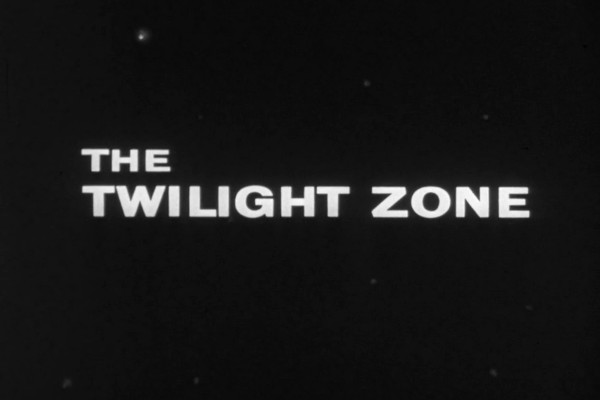
The first season aired from October 1959-July 1960 and is available to buy on Blu-Ray from Amazon. In the meantime, please join me in ranking the first season from worst to best. Please note that while an effort has been made to avoid excess spoilers in this article, some major plot points are inevitably discussed in some of the entries.
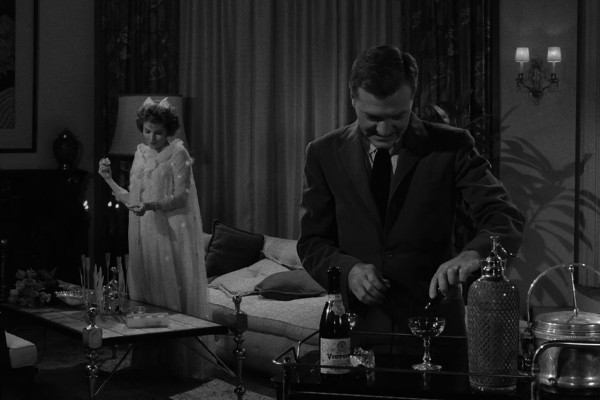
The sole script from Robert Presnell Jr., based on a story by John Collier, this wasn't the first time it had been adapted for television, and it wouldn't be the last. Perhaps the sole below-par episode of the first season (the rest range from "pretty good" to "classic"), it features a man paying for a potion to get a girl to fall in love with him. When her love smothers him, he pays for a reverse potion, only to drop it when she reveals that she's pregnant. At the time this piece of whimsy would have been passable, and George Grizzard gives a very good performance in the lead role. It's just that, in 2017, a comedy where a man pays to drug a woman's drink is no longer the light-hearted amusement it once was, and things have changed, leaving this one firmly stuck in the past.
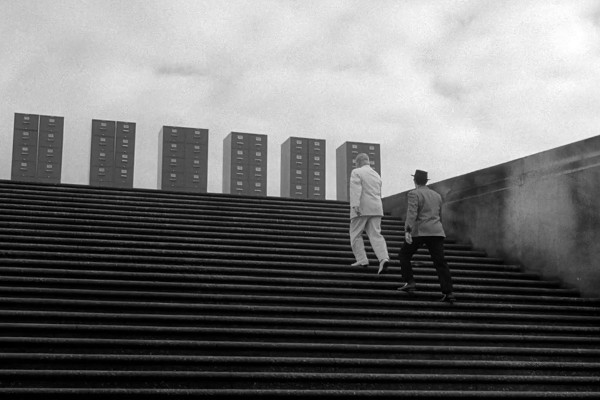
A watchable yet somewhat trite episode, whereby a gangster dies and experiences the afterlife. The "twist" ending comes as no real surprise, and the performances, while quite likeable, are broadly played. Larry Blyden and Sebastian Cabot do their best with the material, but the chemistry between them feels artificial in this Charles Beaumont script. CBS did raise objections over some lines which illustrated the coarseness of the gangster character, in particular his requirement for a "stacked" "chick who won't quit".
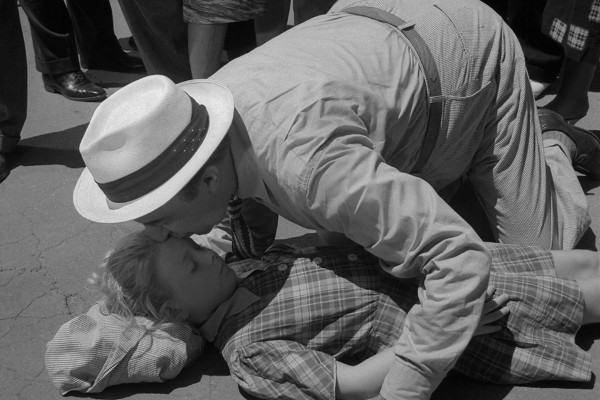
Comedian Ed Wynn had recently been encouraged to try dramatic roles by his son, and co-starred in the 1956 Rod Serling play Requiem for a Heavyweight. As a result Serling wrote this episode for him, casting Wynn in the role of a street salesman meeting Death. There is something slightly macabre in the set-up, given that Wynn was in his seventies and would pass away less than seven years later, but this wasn't his last appearance in the series as he returned for the season five story Ninety Years Without Slumbering.
The episode is light without ever being a full-on comedy, though takes a commendably darker turn when Death tries to kill a young girl unless the salesman goes with him. Times have changed since 1959, where a tale of an old man living alone who spends all his time with children can have a slightly more sinister undercurrent than intended. This isn't quite at the level of season three episode The Fugitive - where a 12-year-old girl has an older boy come from an alien planet so she'll grow up and be his Queen – but it can make the viewer feel a little queasy today. However, such darker matters are not the fault of an episode crafted in innocence, but the changing mores of society.
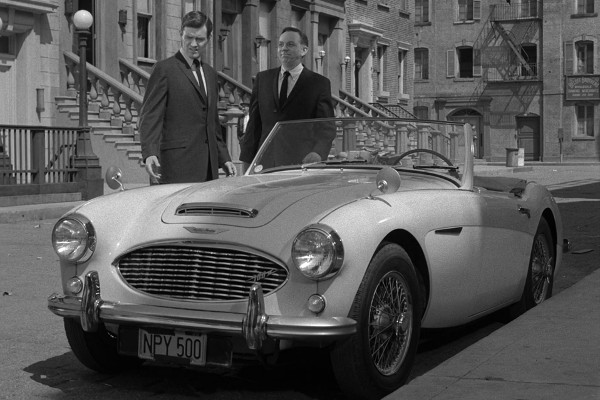
Rod Serling's immense skill was not really best served with comedy, and it's with the lighter episodes that the series tends to struggle. With Serling comedy, then for every Will the Real Martian Please Stand Up?, there's a Mr. Dingle, the Strong, or The Bard and Cavender Is Coming. Mr. Bevis is one of the better efforts, a likeable, quite charming tale with an endearing central performance from Orson Bean, a well-meaning eccentric who meets his personal guardian angel.
Mr. Bevis was the first of four episodes to feature a little-seen alternate title sequence, with a large eye and a different logo (both on this page) in place of a less animated sequence with a lagoon. The alternate title sequence was used for the final four episodes of the season, and also placed over the top of an earlier episode (Mr. Denton On Doomsday) before being abandoned. Repeats of these episodes often had the title sequences replaced with that of season two's, making it even more obscure.

Albert Salmi stars as a western outlaw about to be hung for murder, when he's brought forward to the present by a scientist's time experiments. Interestingly, the time machine looks somewhat reminiscent of the experimental time machine introduced in the Doctor Who story The Two Doctors... the fact that the Doctor Who version looked considerably cheaper despite airing 26 years later says a lot about its budget. This piece of trivia aside, Execution is a somewhat pedestrian entry into the series, seemingly very old-fashioned today, and not in a way that charms, more just, ironically enough, something of a relic from yesteryear.
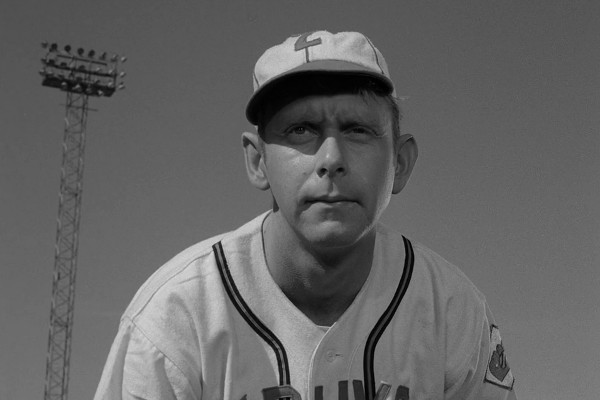
The tall tale of a baseball-playing android is one that viewers have to be in the mood for, a broad concoction that contains such "lowest common denominator" gags as a baseball coach so slow he can't even spell robot. As with a lot of these more comedic episodes, the incidental music overeggs and crushes the jokes flat, nudging the audience with "laugh here" music, rather than allowing the material to breathe.
Despite this, it's a strong enough episode, with Jack Warden (a villain in everything from 12 Angry Men to Edge of the City) displaying Earthy charm as the coach with no dreams left. The twist that the robot gets compassion when he has a heart built for him is disturbing in hindsight with the revelation that the actor behind him, Robert Sorrells, has been in prison since 2005 for murder and attempted murder.
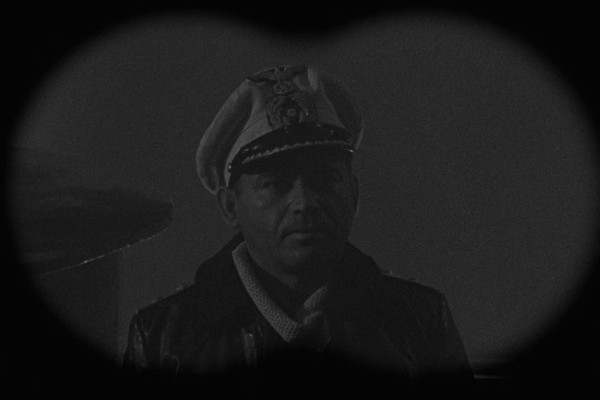
A clever twist elevates this tale of a German commander destined to haunt the ship of his victims for all eternity. The Twilight Zone was obviously made in a very different time, and the inherent differences between it and television of the present is part of its charm; the sometimes over-earnest performance styles, the clipped tones and hardboiled narration of Rod Serling, and so on. This one is a little too "starch" in performance style and script to rank much higher in this listing, and Serling would have much more success with similar themes a couple of years later with the classic Deaths-Head Revisited.